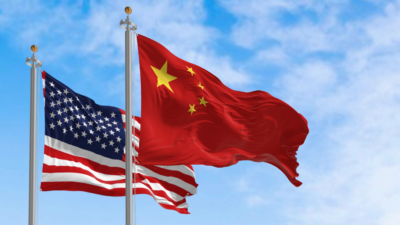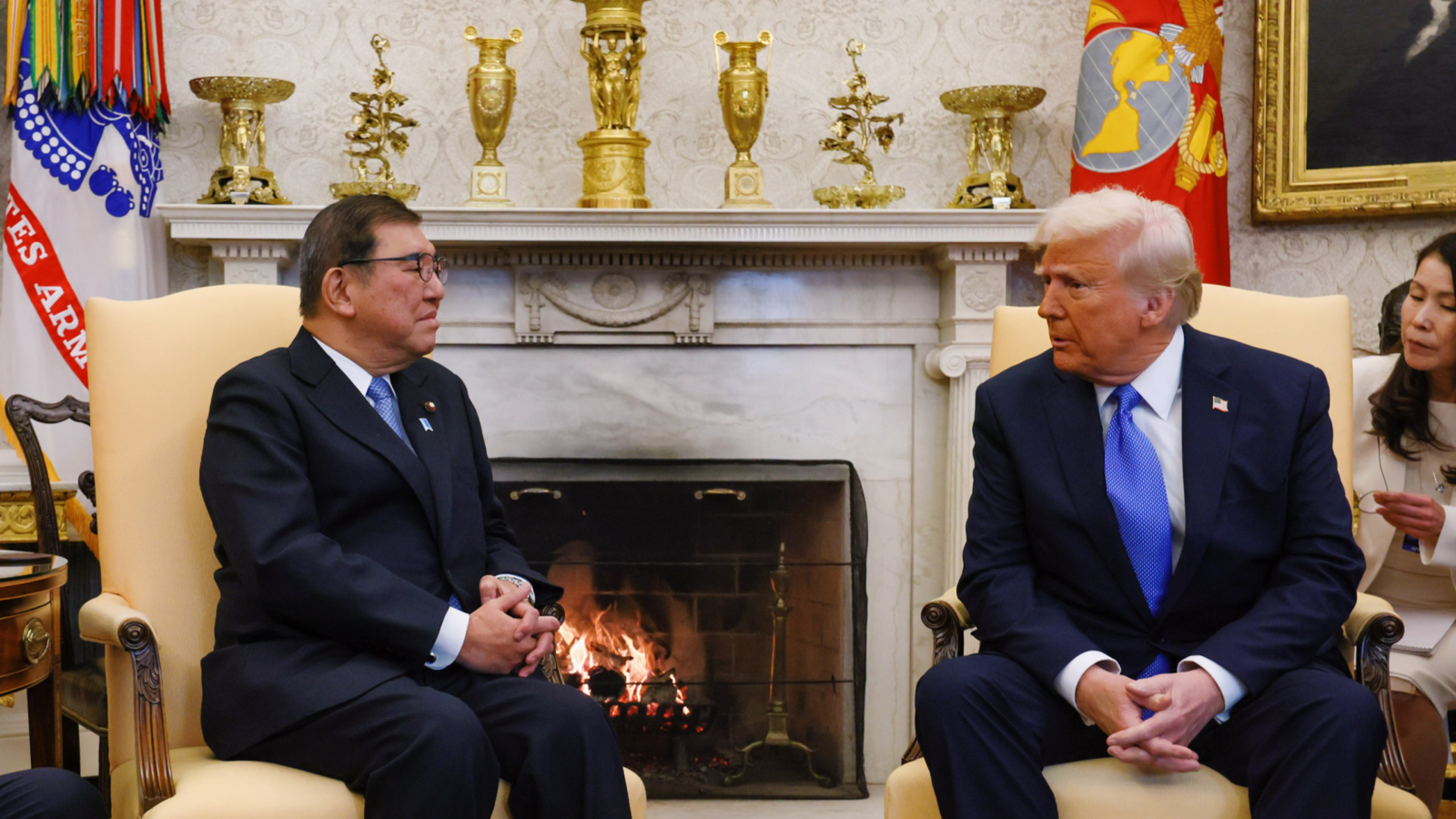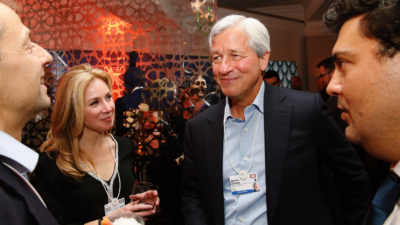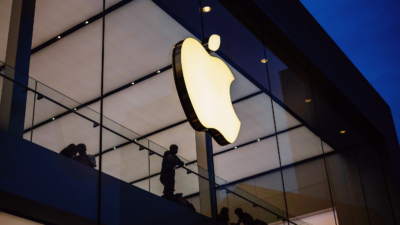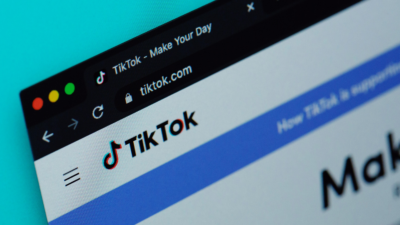Goldman Rides Market Chaos to Equities Trading Gold Mine
Goldman Sachs’ $4.6 billion profit shows you can navigate tough times, as long as you have the brightest minds in finance at your disposal.
Sign up for smart news, insights, and analysis on the biggest financial stories of the day.
Amid the tariff rubble, Goldman found a gold mine.
On Monday, one of the most prestigious banks on Wall Street reported revenue and profit for the first three months of the year that trumped expectations. Goldman Sachs’ $4.6 billion in profit, up 17% year-over-year, and $14.8 billion in revenue, up 10%, showed how you can navigate tough times, as long as you have a 46,000-strong team of the brightest in the financial sector at your disposal.
Uncertain Smile
Banks and their corporate clients were dealt an unexpected hand to start the year. Instead of a federal government focused on unleashing deals and lowering corporate taxes to cement certainty, they got an ongoing will-he-or-won’t-he trade war saga that cemented confusion.
One look at the resulting decline in equities — the S&P 500 down 7.7% this year — was enough to suppress companies’ appetite for dealmaking like a sort of economic GLP-1. As a result, lucrative Wall Street activity that makes money for banks has remained muted. But the high-powered Goldman hive mind found ways to offset the lack of deals:
- Goldman’s equities trading revenue rose 27% year-over-year and brought in a record $4.2 billion, as bets amid the see-sawing of markets clearly paid off — JPMorgan Chase and Morgan Stanley also reported surging revenue from equities trading last week, with 48% and 45% increases, respectively. Goldman’s fixed-income securities, currencies, and commodities (FICC) revenue rose a modest 2% year-over-year to $4.4 billion.
- But in a deal desert, investment banking fees declined 8% year-over-year to $1.9 billion and advisory revenue tumbled 22% to $792 million. In the long term, this will be increasingly important as analysts tend to put more stock in investment banking revenue than trading revenues because the latter are more volatile — take, for example, Oppenheimer’s downgrade of Goldman last month, which cited concerns about stagnant investment banking revenue in the US.
Goldman CFO Dennis Coleman said the bank will incur $150 million in severance charges in the second quarter, effectively confirming reports that the firm plans to cut 3% to 5% of staff, or roughly 1,900 positions. Goldman’s stock popped 2% Monday, trimming its decline so far this year to 12%.
The T Word: While Goldman’s presentation had two mentions of the word buried in a note about forward-looking statements, CEO David Solomon and other executives did not utter the word “tariff” during their call with investors Monday. That was at odds with other Wall Street heavyweights including JPMorgan’s Jamie Dimon, BlackRock’s Larry Fink, and Bridgewater’s Ray Dalio, who have all recently cautioned about the impact of the duties. Solomon said he was “encouraged” by the recent US pullback on foreign levies and even offered an optimistic prediction: “My guess is, over time, this level of uncertainty will come down.”



